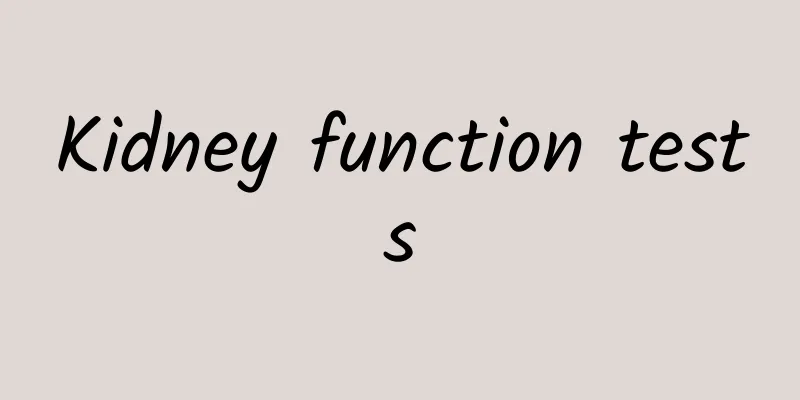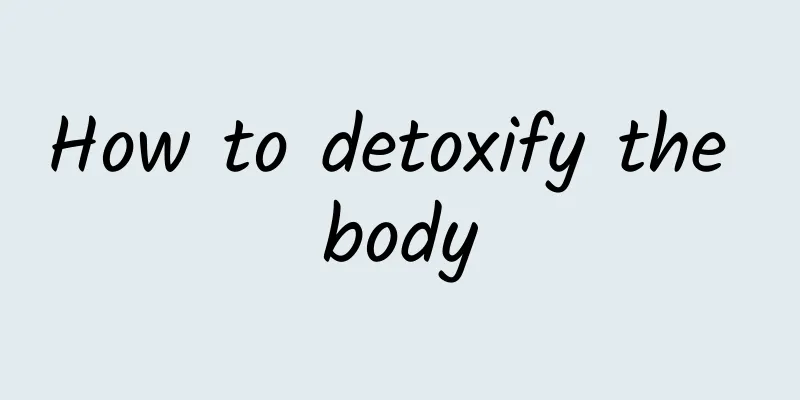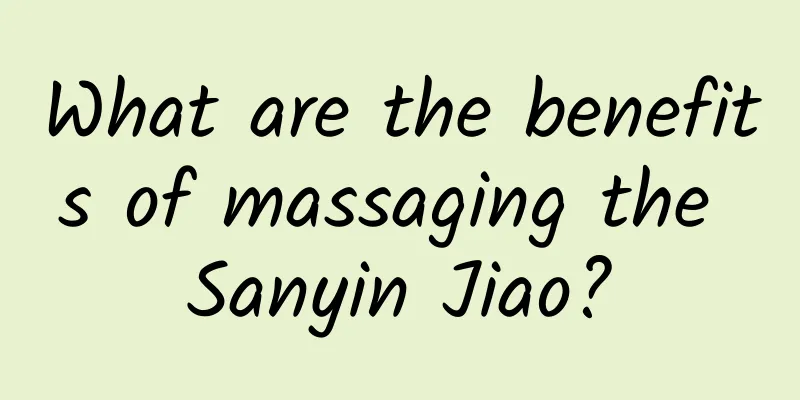What does Chaihu Jiedu Decoction treat?

|
We all know that when there are problems with our health, we need to go to the hospital for necessary examinations and treatments, and usually we need to take some medication to treat the disease. In traditional Chinese medicine, there are many types of medicines used clinically. Some people have heard of the Chinese medicine Chaihu Jiedu Decoction and are curious about the name. So, what does Chaihu Jiedu Decoction treat? Regarding this question, let’s take a look at the detailed introduction below. Drug composition: Bupleurum 5-20g, Scutellaria 5-10g, White Peony 5-10g, Mangxiao 5-10g, Coptis 3-5g, Curcuma 3-5g, Magnolia officinalis 3-5g, Pinellia 3-5g, Rhubarb 3-5g, Gardenia 3-5g, Licorice 3-5g, Prunella Vulgaris 10g, Artemisia Capillaris (added later) 10g. Addition and subtraction: If the heat is severe, use more bupleurum and scutellaria, and add purple gentian, wild chrysanthemum, and coptis; if there is high fever, severe thirst, and a strong pulse, add gypsum, anemarrhena, radix trichosanthis, and fresh reed root; if the dampness is severe, use more capillaries, curcuma, centella asiatica, gardenia, and rhubarb; if the pain is severe, add corydalis and toosendan fruit; for vomiting, add pinellia, bamboo shavings, and ginger; to expel roundworms, add neem root bark, areca catechu, and quisqualis; if there is blood stasis, add salvia miltiorrhiza, ligusticum chuanxiong, and safflower; if qi and yin are about to be lost, add Dusheng Decoction and Shengmai Powder. Indications: Biliary tract infection of damp-heat type or excess fire type. Symptoms include fever, dry mouth, yellow and greasy tongue coating, and strong and rapid pulse. Acute hepatitis or active chronic hepatitis is manifested by a significant increase in alanine aminotransferase, with symptoms including bitter taste in the mouth, irritability, pain in the ribs, aversion to oily food, fatigue, short and dark urine, uncomfortable bowel movements, white and greasy tongue coating, and a wiry pulse. The active stage of acute or chronic hepatitis is always dominated by pathogenic factors (referring to "toxic evil" and "epidemic qi"), so the prescription using Bupleurum can not only clear away the evil heat of the liver and gallbladder, but also soothe the liver and relieve depression. "Ben Jing" says that it "treats heart and abdominal distension, gas stagnation in the stomach, gathering of cold and heat evils, and removes the old and brings in the new." The "Ben Cao" says that Scutellaria baicalensis "is mainly used to treat various types of heat jaundice" and it can clear away heat and dampness, so it is the main medicine; Artemisia capillaris is good at clearing heat and removing dampness, promoting bile secretion and reducing jaundice, and is the main medicine for treating jaundice; Smilax glabra clears heat and detoxifies, has a mild penetrating effect and removes dampness, and can eliminate evil toxins through urination; Herba scutellariae is diuretic and detoxifies, and can purge heat and cool blood; Herba scutellariae is better at clearing heat and detoxifying than Herba taraxaci, and Herba syringae psoraleae also has the ability to reduce inflammation and relieve pain, so they are all adjuvants to Radix Bupleuri and Scutellaria baicalensis. Modern research shows that the Bupleurum in the prescription has the effects of resisting cytopathic effects caused by hepatitis viruses, promoting immunity, promoting choleresis, and protecting the liver; Scutellaria baicalensis also has liver protection and choleretic effects; Artemisia capillaris has significant choleretic and liver protection effects; Herba Artemisiae Scopariae, Herba Pteris Codonopsis, and Herba Smilacis Glabrae all have antiviral effects to varying degrees; this provides a pharmacological basis for this prescription to treat viral hepatitis. What does Chaihu Jiedu Decoction treat? Through the above specific introduction to Chaihu Jiedu Decoction, everyone should now have a deeper understanding of this medicine. In fact, this type of medicine can treat many types of diseases and is widely used in clinical practice. Moreover, compared with Western medicine, Chinese medicine often has fewer side effects. |
<<: What are the drugs that promote gastrointestinal motility?
>>: Can eating tea soaked rice help you lose weight?
Recommend
What are the effects and functions of Trichosanthes kirilowii
Trichosanthes kirilowii is a wild melon, of cours...
What causes recurring cough?
Cough is one of the diseases that you are most re...
What to do if you sprain your ankle
If you are not careful in your daily life, you ma...
What is the effect of rolling eggs with eyes
Many people often boil a hard-boiled egg, peel of...
The reason why you get a headache when you talk too much
When people talk, they continuously emit carbon d...
What are the benefits of walnut wood?
Everyone knows that eating walnuts has many benef...
Introduction and treatment of nosebleeds
Nosebleeds can occur at any time in life. The onl...
Skin pain with no symptoms
If skin pain occurs but there are no symptoms on ...
What to do if both tonsils are swollen
As we all know, tonsils are a kind of nodular tis...
The difference between attenuated and inactivated hepatitis A vaccines
Babies need to receive some vaccines every month ...
What are the symptoms of diarrhea and dehydration in adults?
Diarrhea is also called loose stools. If the diar...
What are the effects of lotus money grass
Lotus money grass can be found in most parts of m...
Is lupus nephritis serious?
Is lupus nephritis serious? Many patients diagnos...
Shoulder bones make a sound when you move them
People are very concerned about their physical co...
Defective insulin secretion
Insulin is one of the important hormones in the b...









